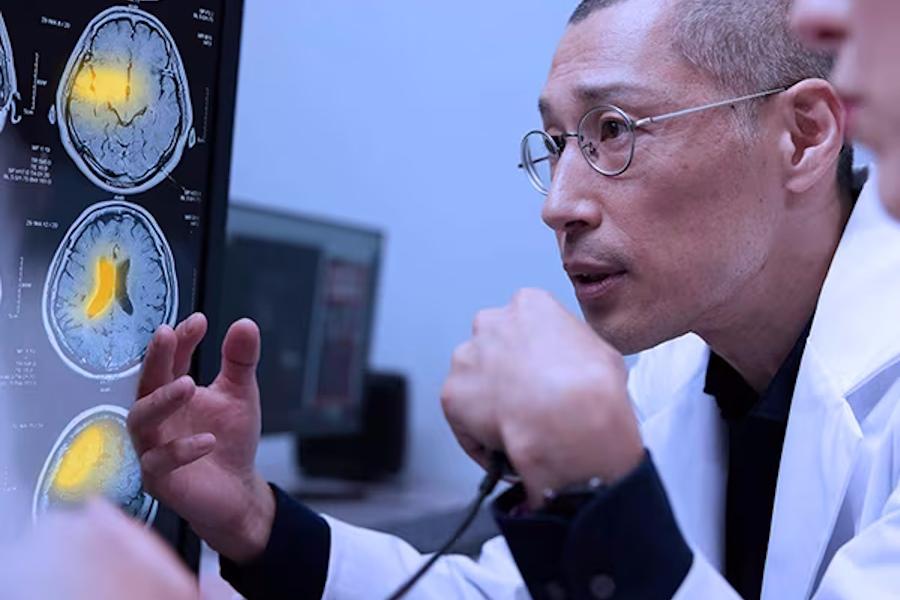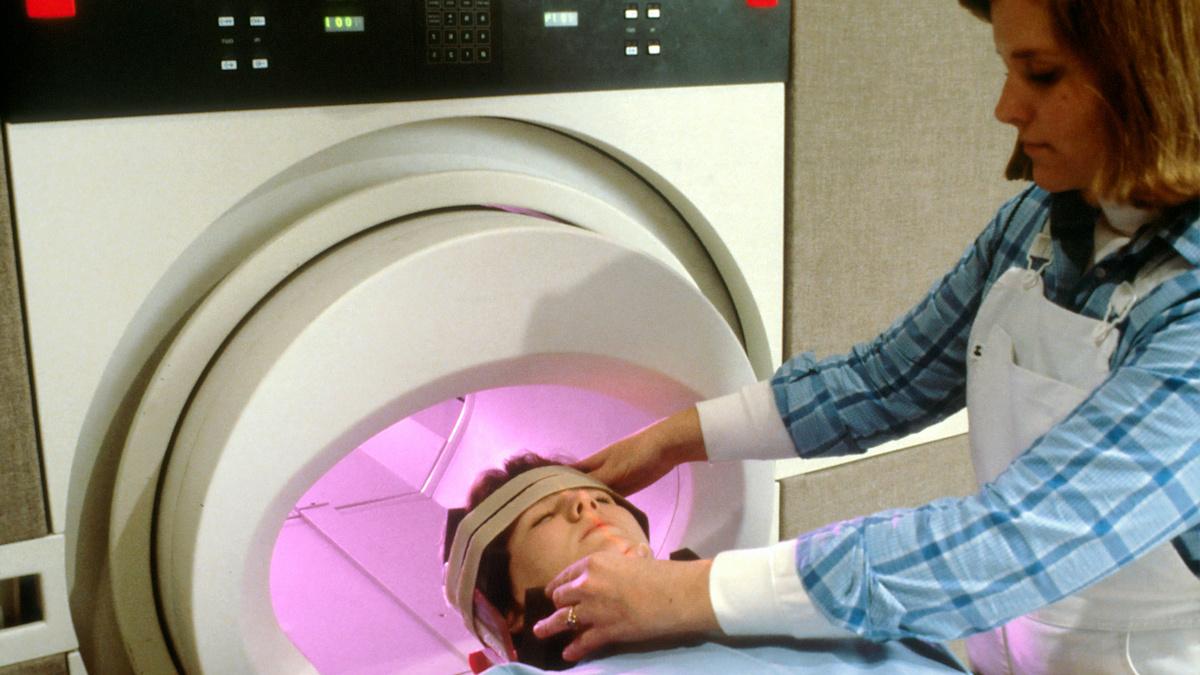Swiss hospital adopts Bayer’s AI platform for radiology

A leading Swiss teaching hospital has signed up to use Bayer’s suite of artificial intelligence-powered digital tools for X-ray, MRI, and CT imaging.
Inselspital at Bern University Hospital is one of the first to take out a subscription to Bayer’s cloud-hosted Calantic Digital Solutions platform in its radiology department and will also work with the German group on real-world evidence (RWE) studies to show the benefits of using AI at scale in clinical settings.
Calantic has tools to help radiologists detect and quantify disease lesions in medical images and select patients for treatment in order of priority, improving their productivity.
It also includes a curated, vendor-neutral marketplace, allowing radiologists to select from apps with other functions, such as automating routine tasks and measurements, improving radiology suites’ workflow and freeing up time for other tasks.
Bayer said it will also provide Inselspital Bern with services relating to the installation and configuration of the platform and its applications, as well as training for staff. It is expected to be up and running at the hospital’s Institute for Diagnostic and Interventional Neuroradiology within a few months.
Calantic launched last year with apps used in thoracic and neurological diseases, such as pulmonary nodule detection and the detection of potential intracerebral haemorrhages (ICH) and large vessel occlusions (LVO), which can be associated with stroke. Since then, it has added apps for breast and prostate diseases.
Bayer has partnered with a growing list of digital health companies to add to the capabilities of the platform, including Avicenna, Icometrix, Nanox.AI, Riverain Technologies, and Vida.
“As AI is making its way into radiology, we are looking forward to joining forces with renowned experts such as Inselspital Bern to drive its adoption in clinical practice,” commented Gerd Krueger, head of Bayer’s radiology division.
“Building on deep medical expertise across a multitude of diagnostic and therapeutic areas at Bayer, AI will continue to be a significant focus for us to help transform patient care,” he added.
Medical imaging is a central plank of disease detection, particularly for cancer, but rising demand combined with a shortage of radiologists – exacerbated by burnout – is placing pressure on health services around the world.
That pressure can lead to diagnostic errors, with a 2018 study suggesting that there are 40 million errors involving imaging worldwide every year.
Bayer said the market for AI in medical imaging was worth around $400 million in 2021 and is expected to grow dramatically to a value of almost $1.4 billion in 2026, according to figures from Signify Research.











